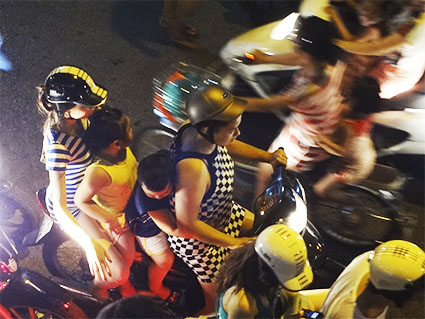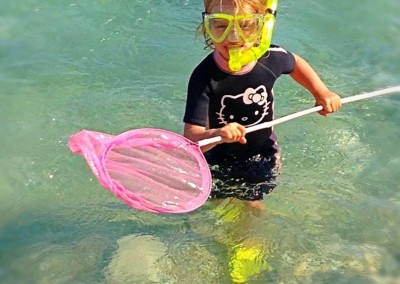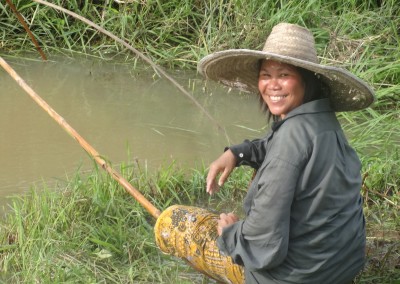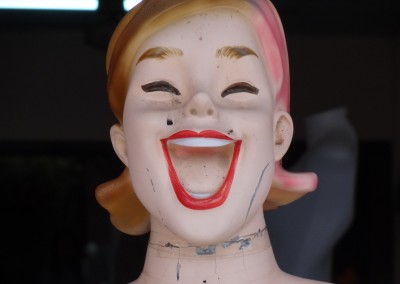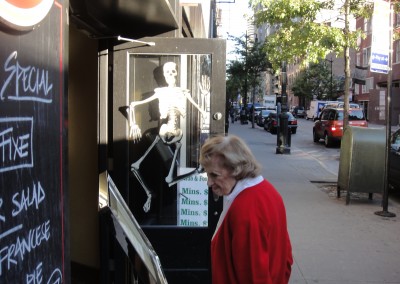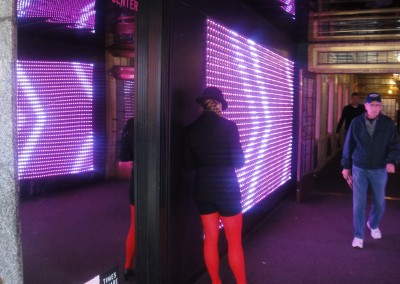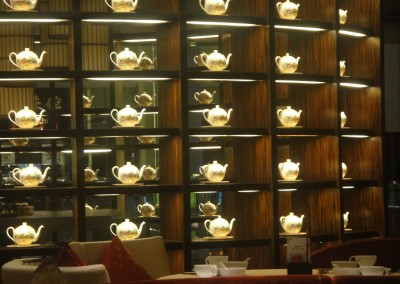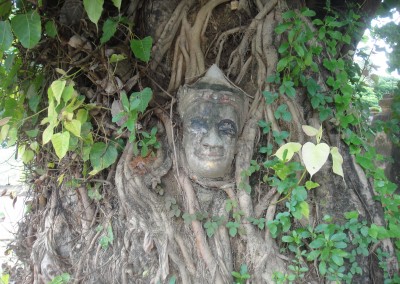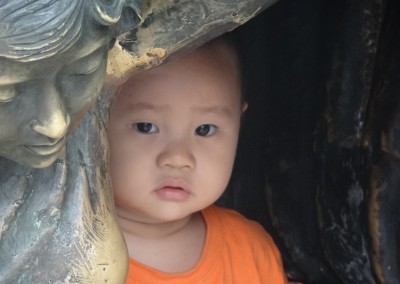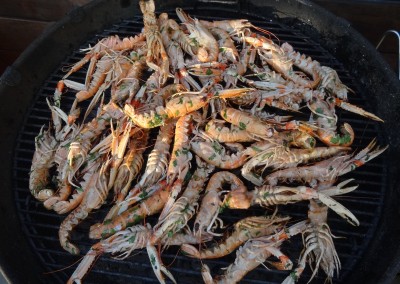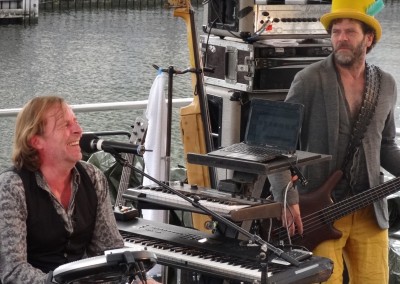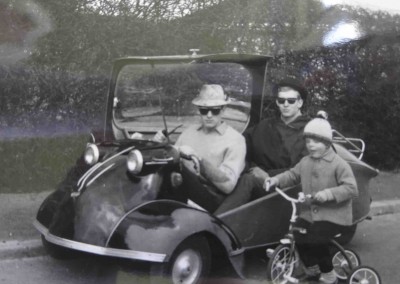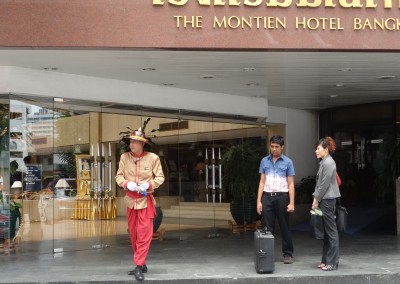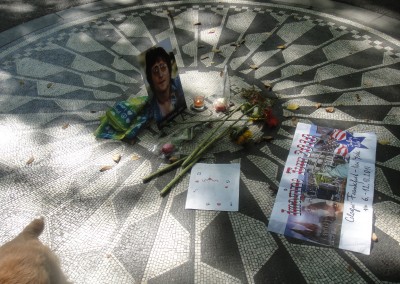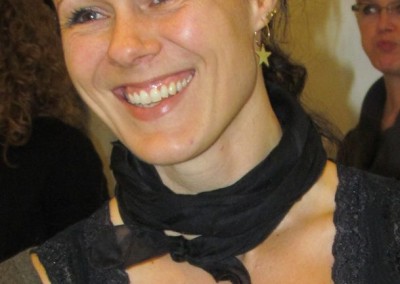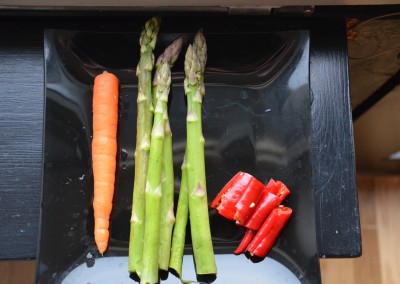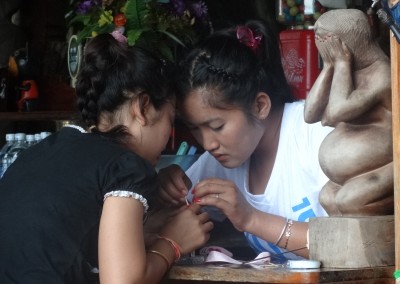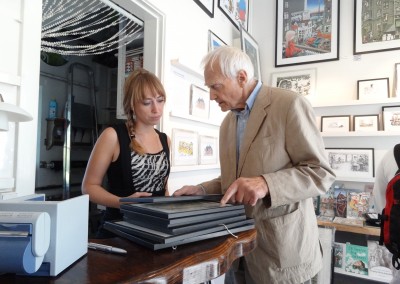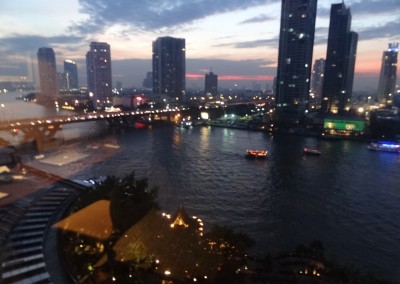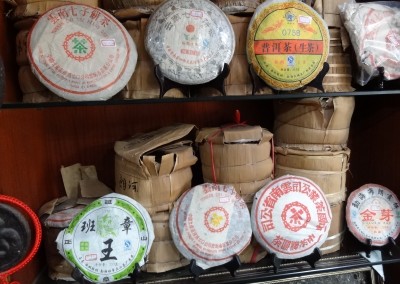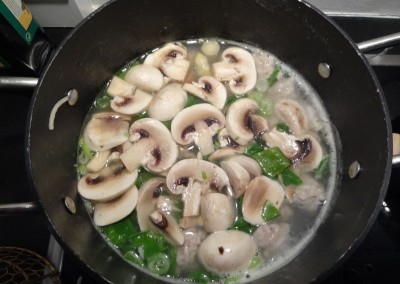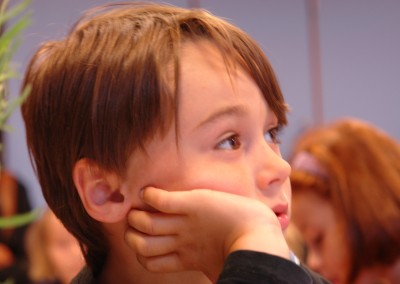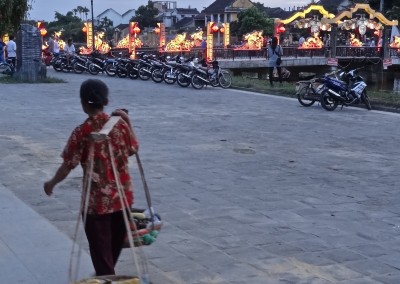Welcome to herdel.com
The adventure starts here…

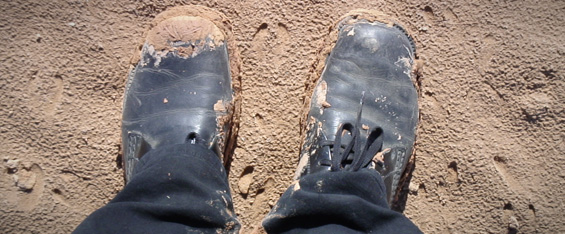
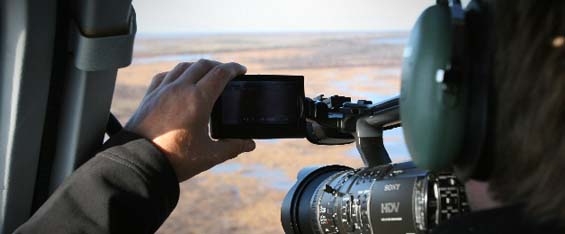
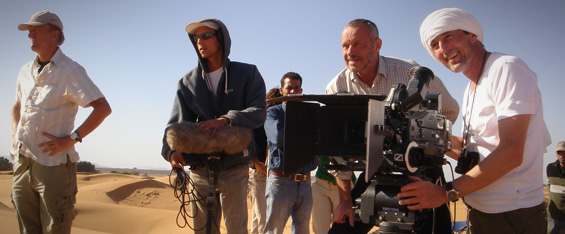
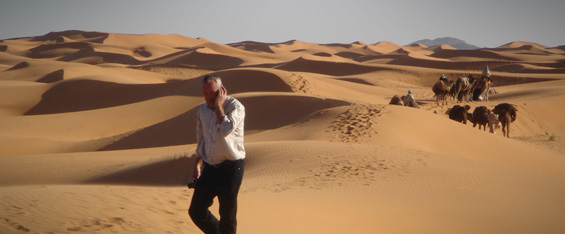
Herdel.com is a modern film and TV-production company located in Copenhagen. With a running production of several movies, documentaries, TV-programmes etc.
With more than 45 years in the film industry, executive producer Steen Herdel has produced several of the cornerstones of Danish cinema and been responsible for launching the careers of important directors such as Morten Arnfred, Niels Malmros, Bille August and Søren Kragh-Jacobsen.
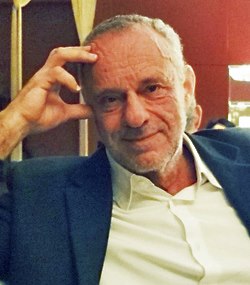 Steen Herdel also produced Jørgen Leth’s acclaimed bike racing documentary feature “A Sunday in Hell” (1978) and Lasse Spang Olsen’ s action comedy “In China They Eat Dogs” (1999), which Variety compared to “Pulp Fiction” and “Lock Stock and Two Smoking Barrels”. An American remake is currently in negotiation.
Steen Herdel also produced Jørgen Leth’s acclaimed bike racing documentary feature “A Sunday in Hell” (1978) and Lasse Spang Olsen’ s action comedy “In China They Eat Dogs” (1999), which Variety compared to “Pulp Fiction” and “Lock Stock and Two Smoking Barrels”. An American remake is currently in negotiation.
Feature films
The feature film productions of Steen Herdel include “Leave us Alone” (1975), “The Double Man” (1976), “Could We Maybe” (1976), “Evening Land” (1977), “Boys” (1977), “Clark” (1977), North Sea Fishermen ” (1977), “The Marksman” (1977), “A Sunday in Hell” (1978), “You Are Not Alone” (1978), “Me and Charlie” (1978), “Honeymoon” (1978), “Wanna See My Beautiful Navel?” (1978), “Notebook on love” (1989), “In China They Eat Dogs” (1999) and”Better Off Dad” by Peter Ringgaard (2003).
Awards
Awards for feature films produced by Steen Herdel include Best Film at the Bodil Awards for “Boys”; Best Film at the Bodil Awards for “Me and Charlie”; Best Film, Best Actress and Best Supporting Actress at the Bodil Awards for “Honeymoon”; the Audience Prize at the Lübeck Nordic Film Days for “Wanna See My Beautiful Navel?”; and the Audience Award at the Luxembourg International Film Festival as well as Best Special Effects at The Danish Film Academy Awards for “In China they eat Dogs”.
Nominations
Nominations include the Golden Bear at the Berlin International Film Festival for “Leave us alone”, the Golden Prize at the Moscow International Film Festival for “Evening Land ” and again for “Honeymoon”, as well as Best Screenplay and Best Make-Up at The Danish Film Academy Awards for “In China they eat Dogs”. Steen Herdel also has a long list of awards for his exhausting production of documentaries.
Where is the boss
Take a look
Show Reel
In China they eat Dogs
Coffee BKI
Better off Dad
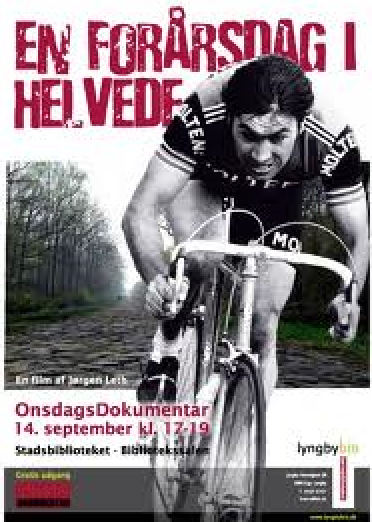
A Sunday in Hell
A world known masterpiece showing again and again. The making of this incredible film is World Film history. The World famous bicycle film is never surpassed – and has won a lot of prizes.
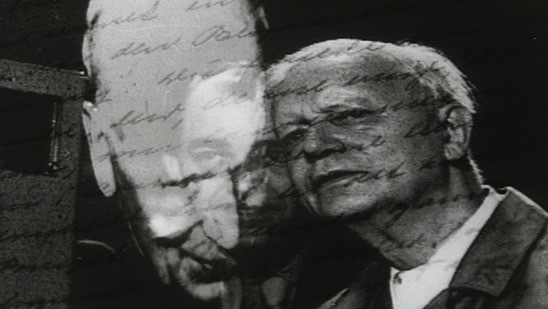
Carl Th. Dreyer – My Metier
Director: Torben Skjødt Jensen
Director Torben Skjødt Jensen created this prize winning documentary where actors from Carl Theodor Dreyers films tell about this great world famous director and his way of working. The film is a fascinating study on Dreyers aesthetics, language and never compromising way of working with his movies.
Produced By Steen Herdel.
What’s up
Ongoing projects
“We survived”
10 people who were detained in KZ-camps are telling their stories from the unique rescue mission during the last days of WW2 where the Nazis tried to eradicate the obvious signs of their cruelty. They were picked up by shabby white buses that fought their way through Germanys bomb hitten roads and brought back the exhausted prisoners by the thousands to Denmark and Sweden
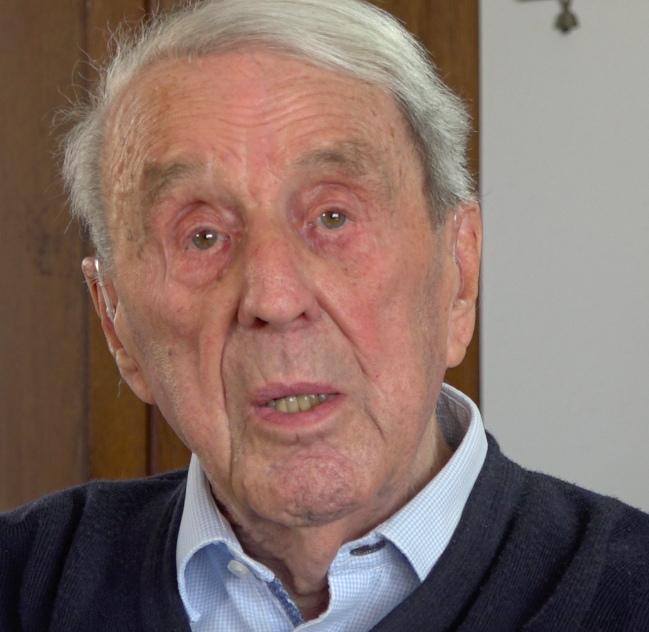
When are we NOT sick?
A documentary-style movie told in a special creative way. It´s about life as it can turn out to be for some of us. Constantly seeking when and how you can feel that you are OK mentally and physically. We are in the head of our main character who is thinking and speculating why life is for her as it is. Trying to navigate in our excellent (?) health system. She is a real living person, – not an actor. The is on the road to get healthy and the camera is with her on that trip.
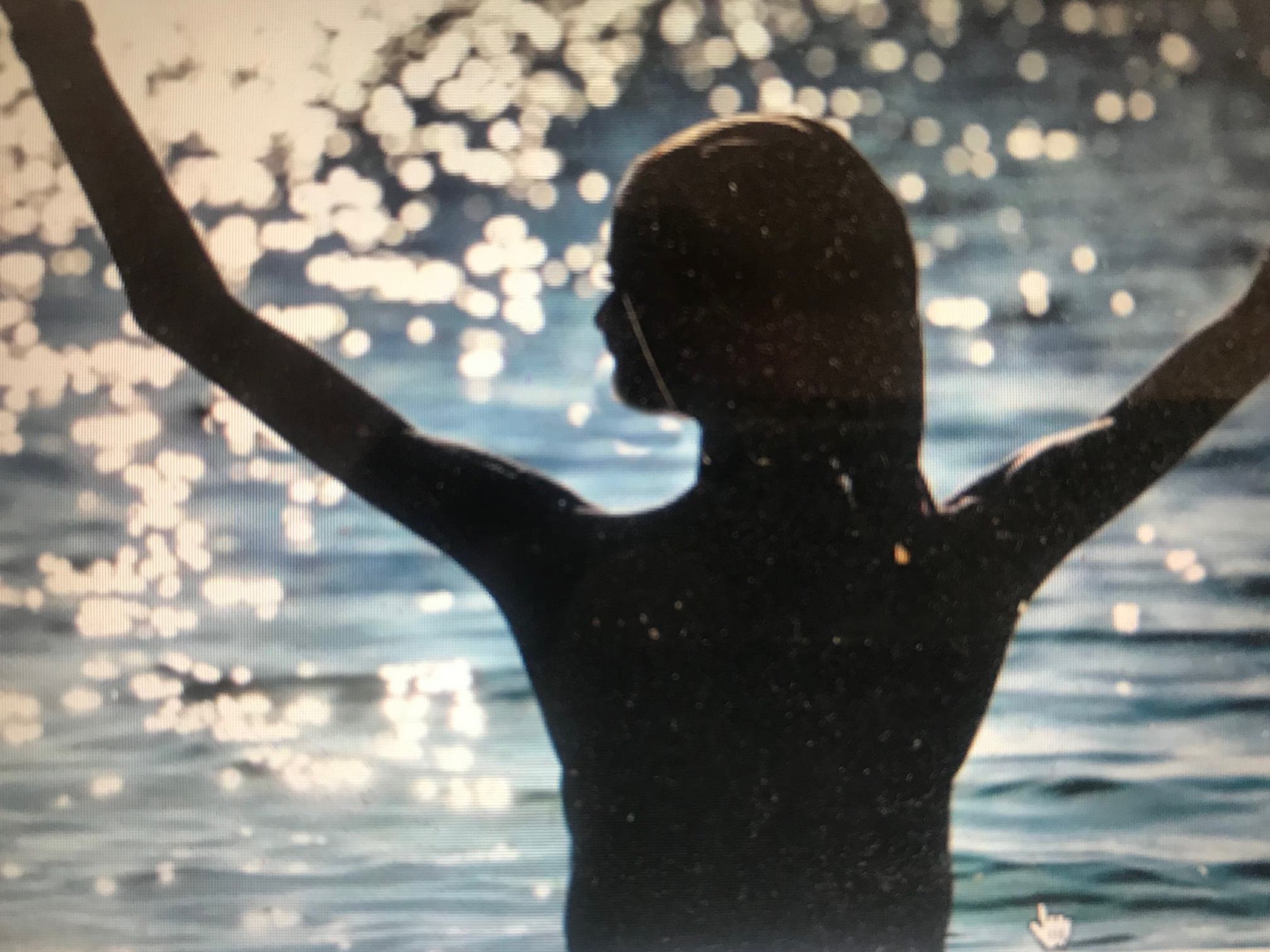
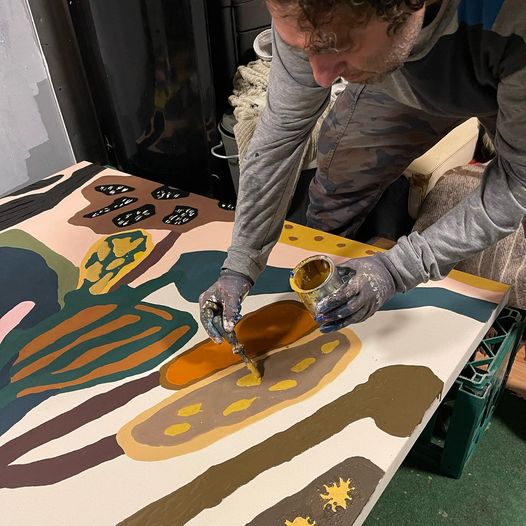
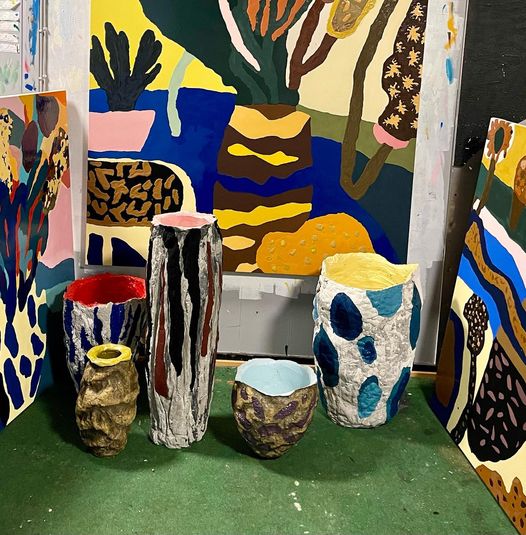
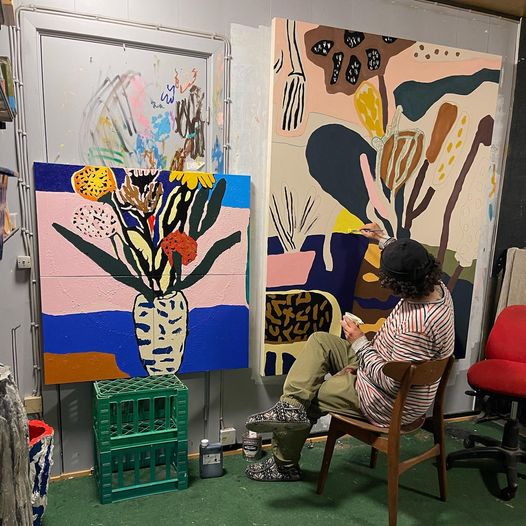
Benny Bee – A Wild, Clever and Successful Artist
Portraying the bridge between the artist himself and his artwork. A Road Movie travelling in and out of art and artist. Benny is constantly creating new frontiers and promoting H.C. Andersens original drawings and paper cuts on designer T-shirts all over the world. Co-working with Albert Contemporary/Jonathan Kvium.
Det store kunsteventyr
Hvis man interesserer sig for kunst, er Christiansborg en overset perle. Mange er slet ikke klar over, at stedet rummer et slaraffenland af både ny og ældre fantastisk kunst. Men hvad laver al kunsten der?
Kunsten på Christiansborg er alle danskeres kunst. De har været med til at betale for den over skattebilletten, og kan få adgang til den ved et besøg. Men disse besøg giver kun adgang til at se en brøkdel af alle værkerne. I vores film har vi som ambition at få al denne kunst ud til alle dem, der ikke har været så heldige at have været på kunstvandring på Christiansborg – og til dem, der vil have mere efter at have besøgt stedet.
Filmen stiller en række spændende spørgsmål om kunsten og magten: Hvordan iscenesættes magten gennem selve bygningen, som i sig selv er et kunstværk? Hvordan bruger de forskellige partier kunsten til at understøtte deres ideologi? Og hvordan kommer nye samfundsmæssige temaer til syne gennem de nyere kunstindkøb?
I tre udsendelser kommer vi hele vejen rundt om disse spørgsmål. Kunsten i magtens centrum præsenteres af to holdnings- og tilgangs- forskellige kunstinteresserede. På deres vej taler de med de mennesker, der har daglig gang på Borgen, lige fra vagten og rengøringspersonalet til politikere og embedsfolk. Sammen fortæller de med nogle af kunstnerne de mange sjove og spændende historier, der knytter sig til kunstværkerne.
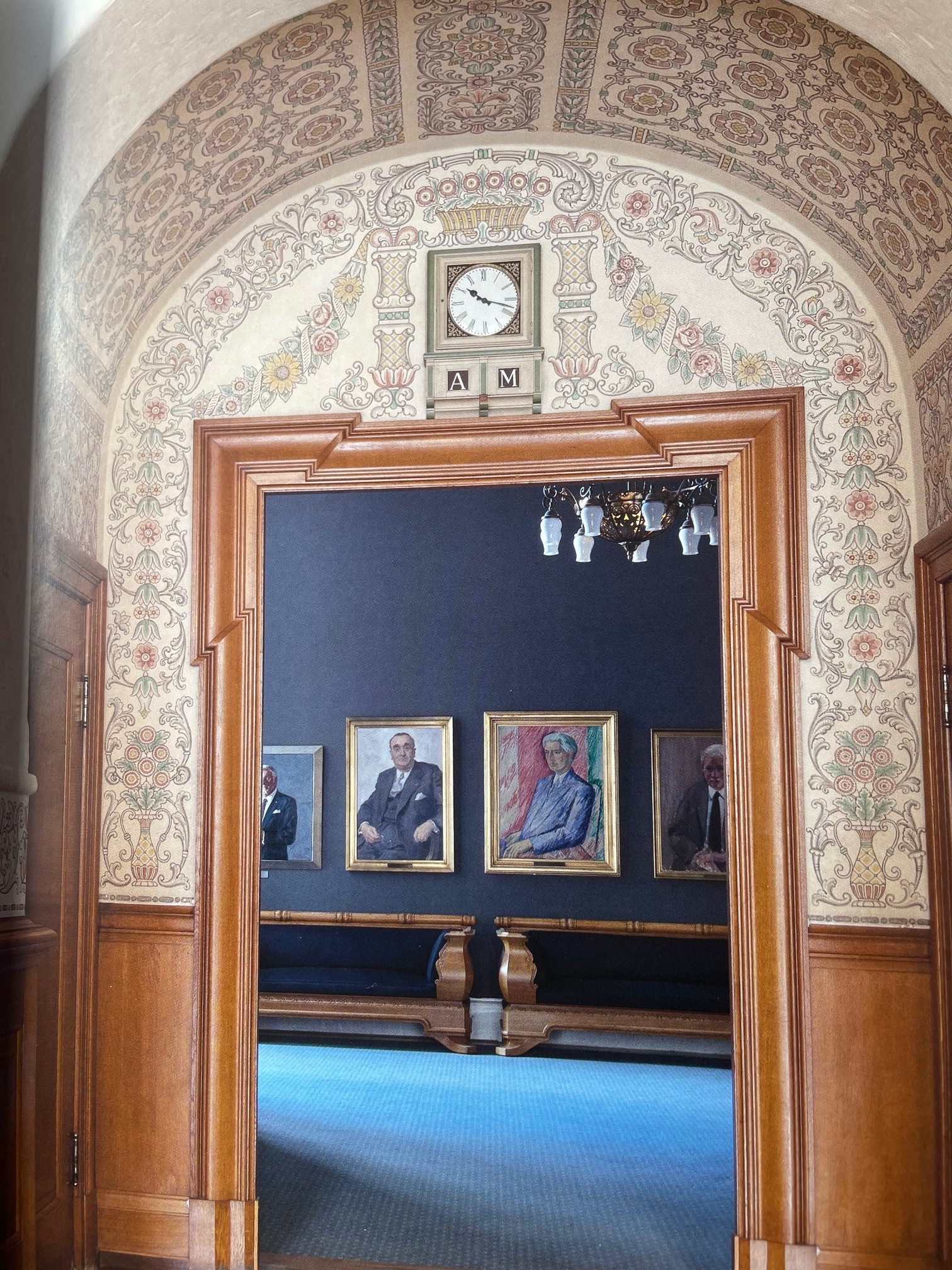

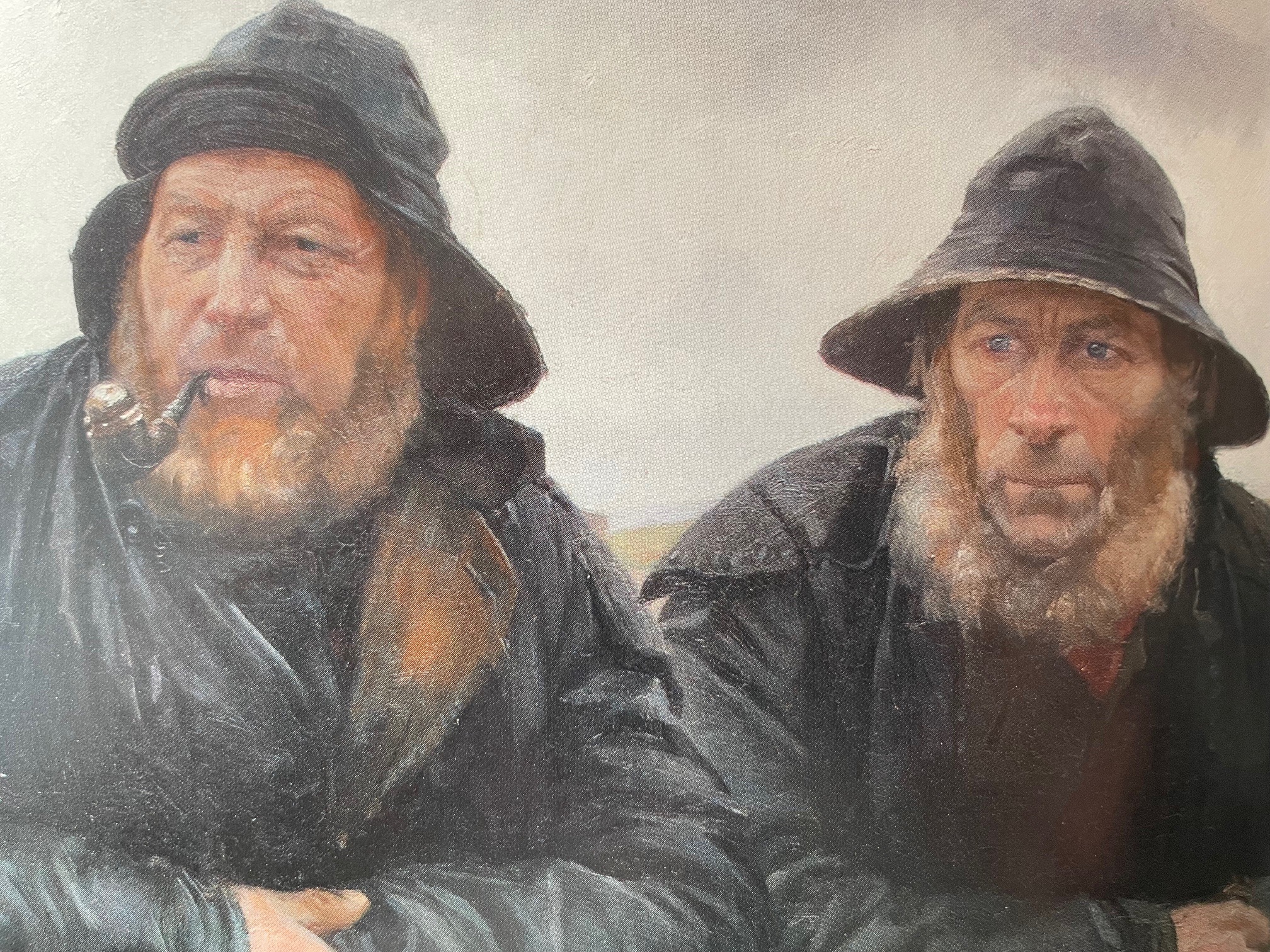
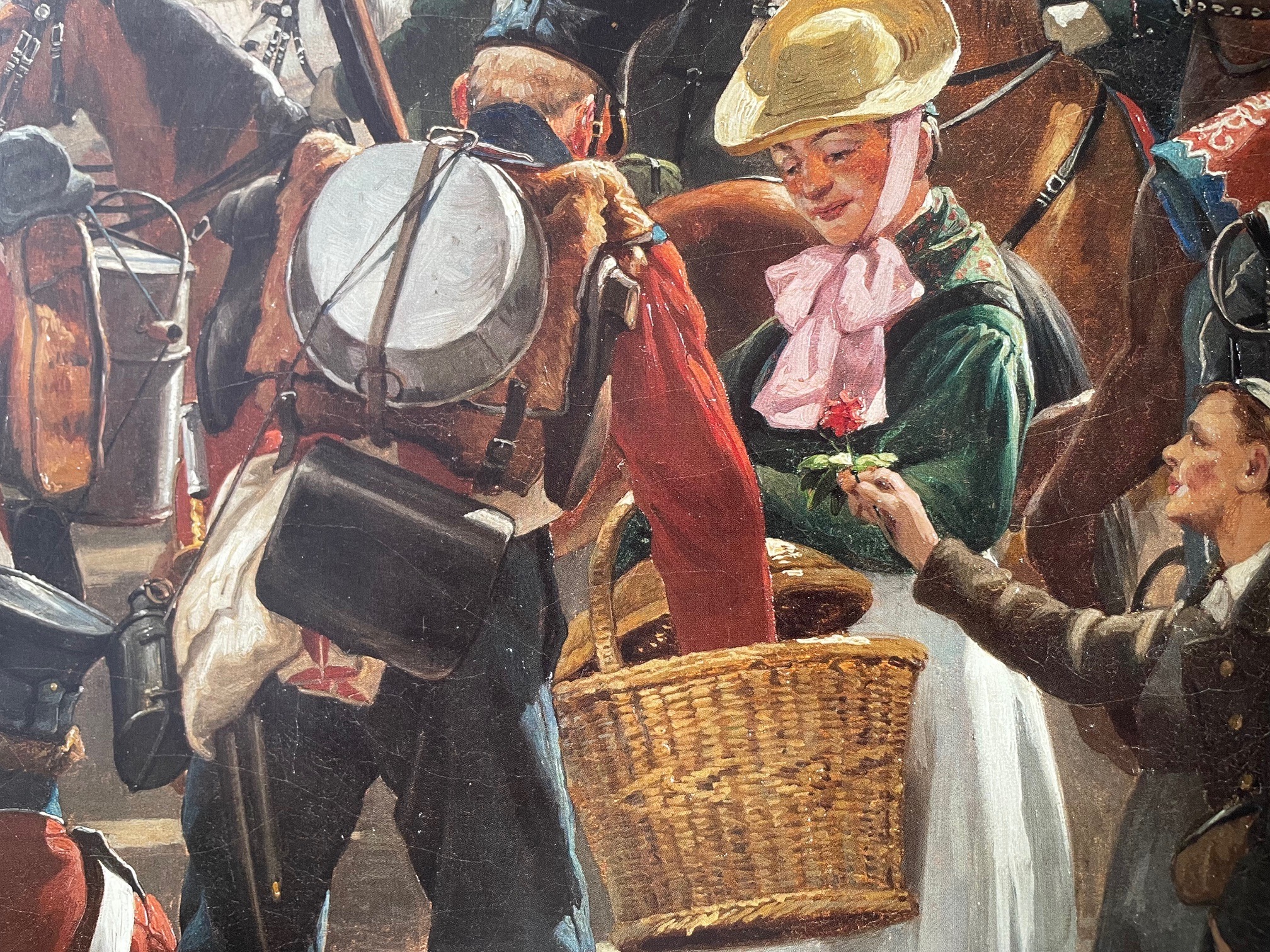
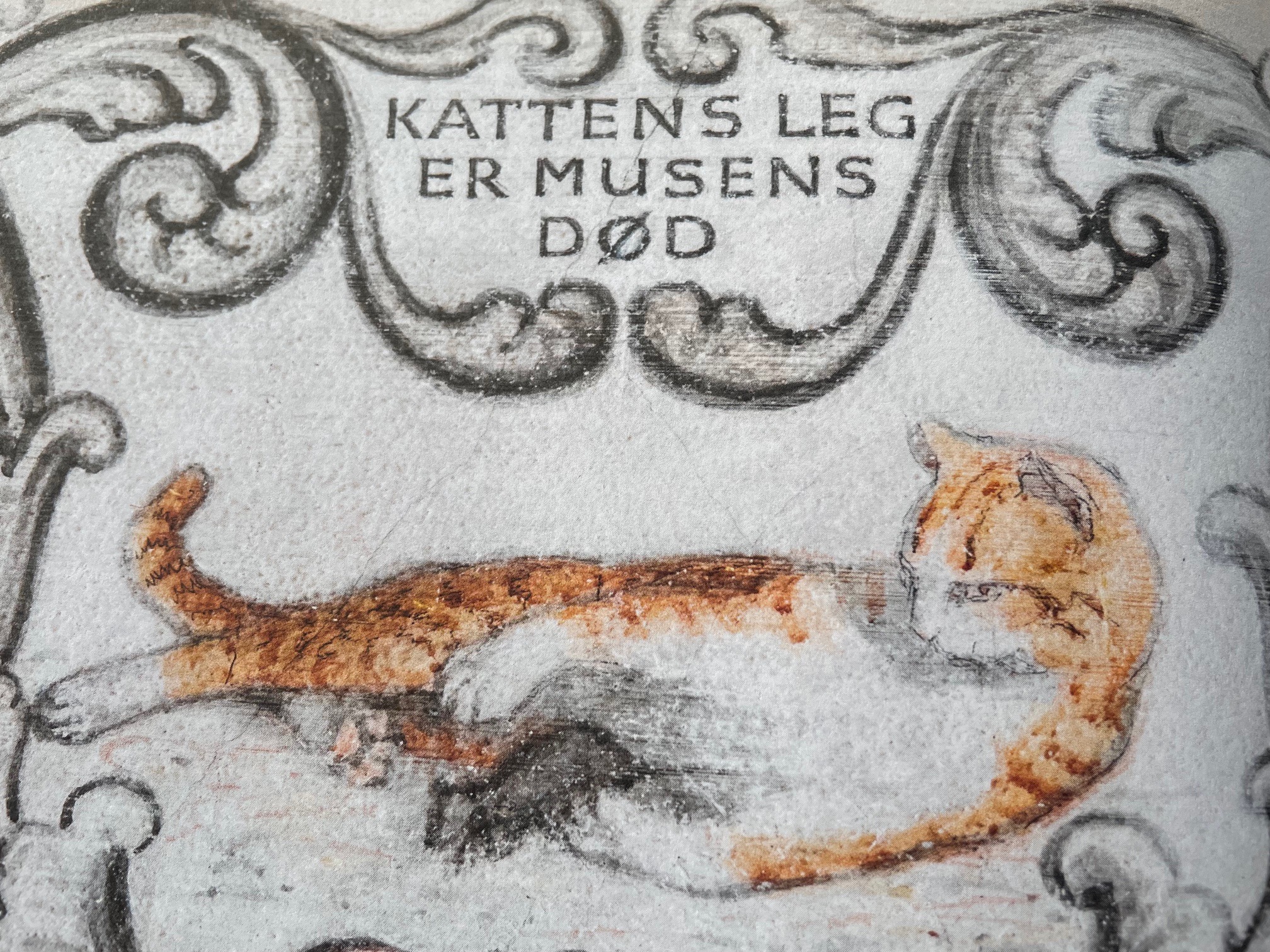

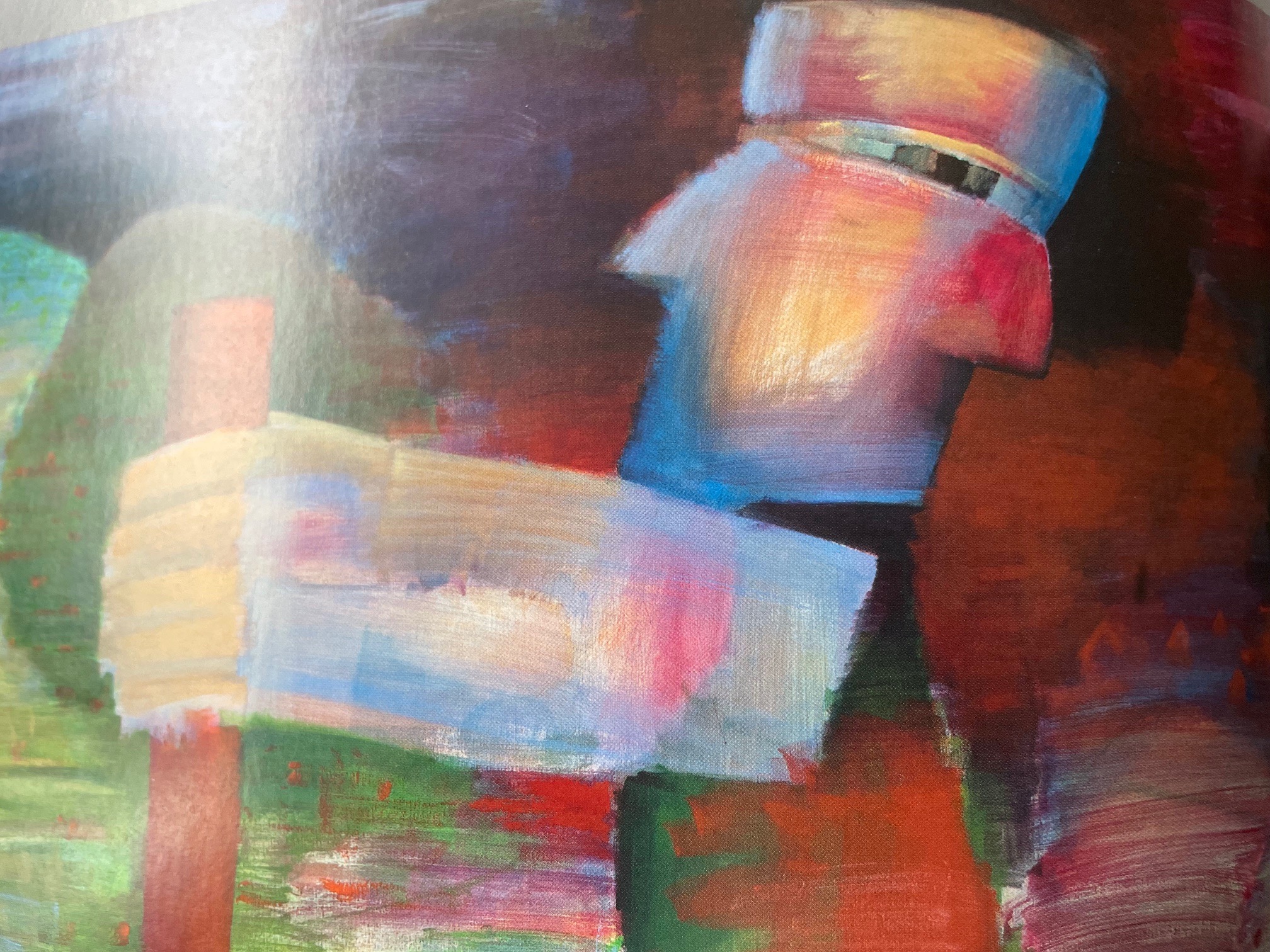
Arnarulunnguaq
Documentary with dramatizations.
In our admiration for great male heroes, we tend to forget that some of their great deeds could never have been accomplished without very specialized help from strong women.

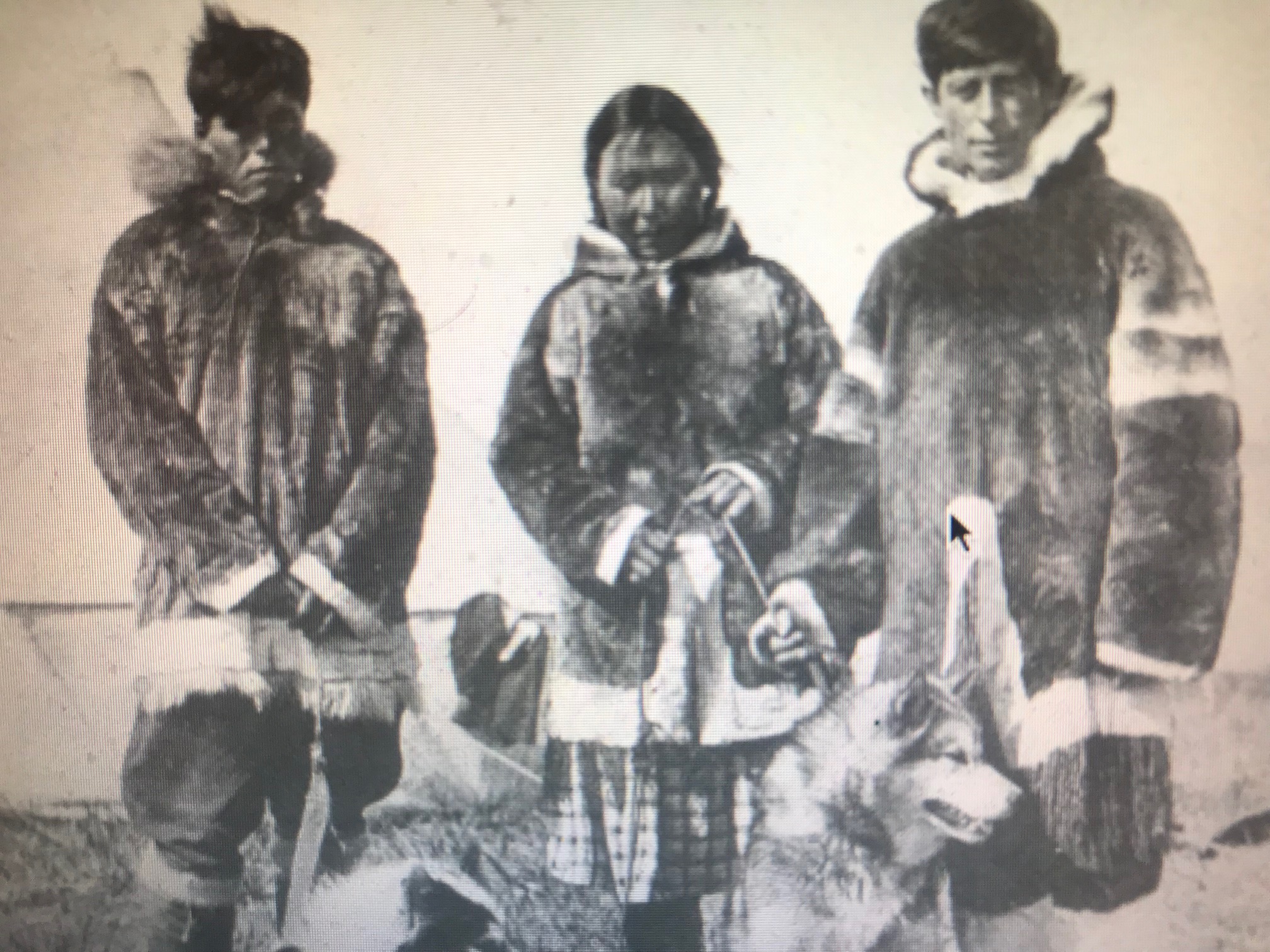
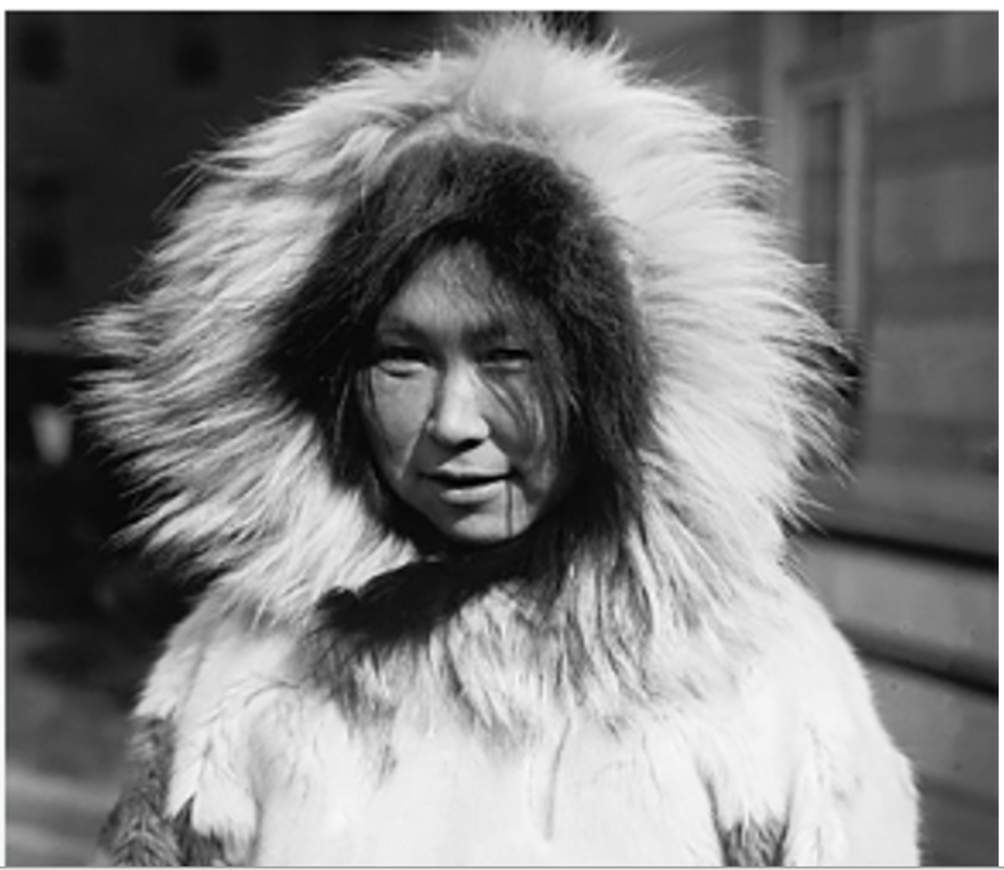
Ruth Berlau
She mounted her bike and went to Paris – being a bit bored there she went back to Copenhagen and then biked to Moscow instead. After 3 months she came back as a communist. Ruth Berlau never focused on problems or barriers but always targeted her goals. She did not have any education but she had a strong will, was intelligent and the ability to see solutions for everything. The time was between the two Worldwars. The intellectual elite and many Jews left Germany to save their lives from Hitler´s tyranny.
She worked as director, photographer, writer and more. When Bertolt Brecht came to Denmark with his family she went to see him. The result was a lifelong cooperation between them. Hard work and love in a delicate mixture. She became friends with almost all the famous people of that time. Charlie Chaplin. W.H. Auden, Charles Laughton to mention a few. She wrote a book about feminine sexuality “Any animal can do it”. We tell the wild adventure of this woman´s life.
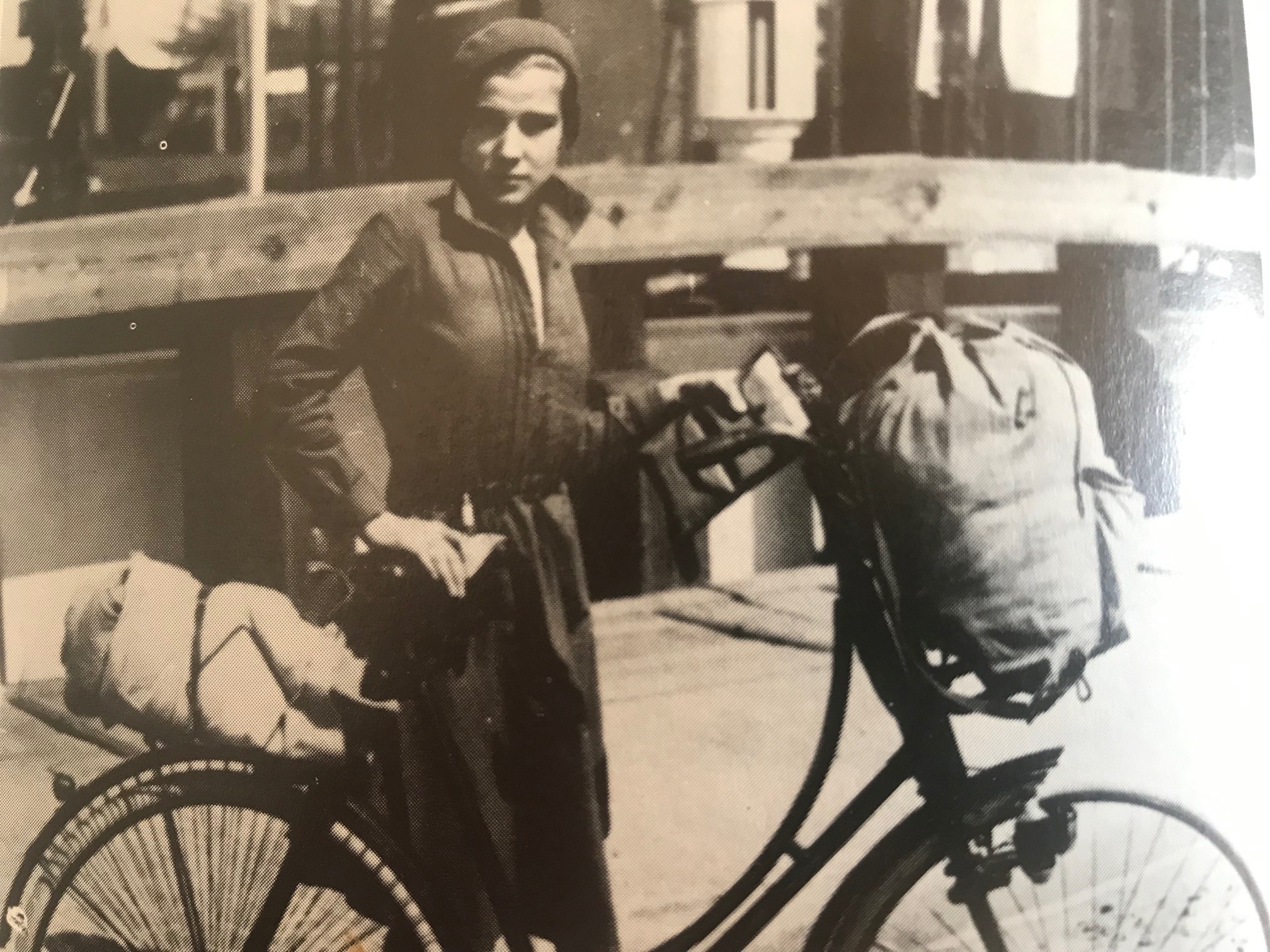
Danish doctors resisted Nazi-Germany
During WW2 the Danish government chose to cooperate with the Germans.
A heartfelt resistance quickly developed especially among doctors and hospitals. They had their privileges and unique possibilities to make a difference. They resisted relentlessly in many ways and often hit the Germans very hard. Often very dramatic episodes happened. It took great courage and sometimes almost juvenile foolishness to do what they did. This film is about some of the most wild and often very dangerous operations during the war.
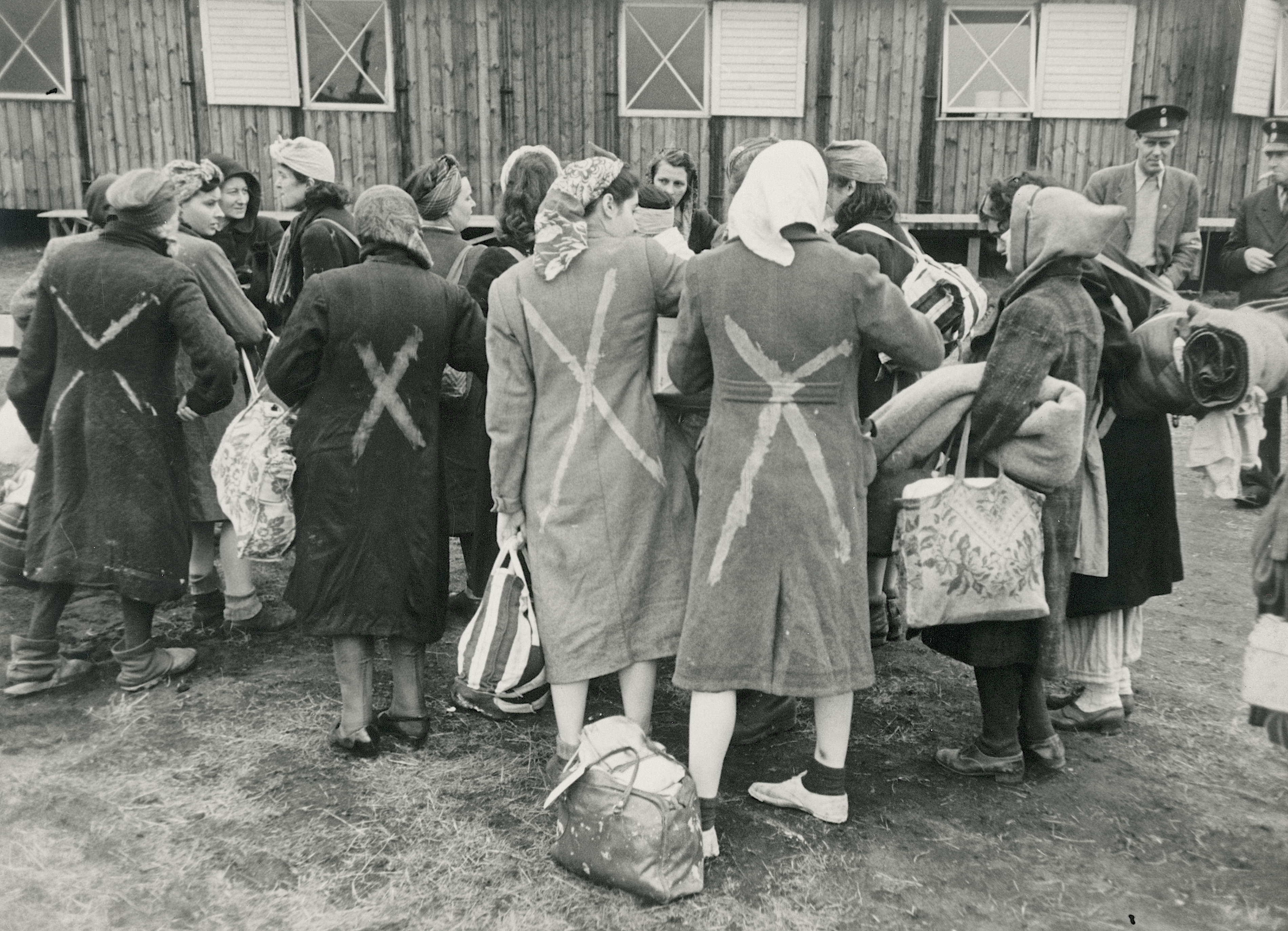
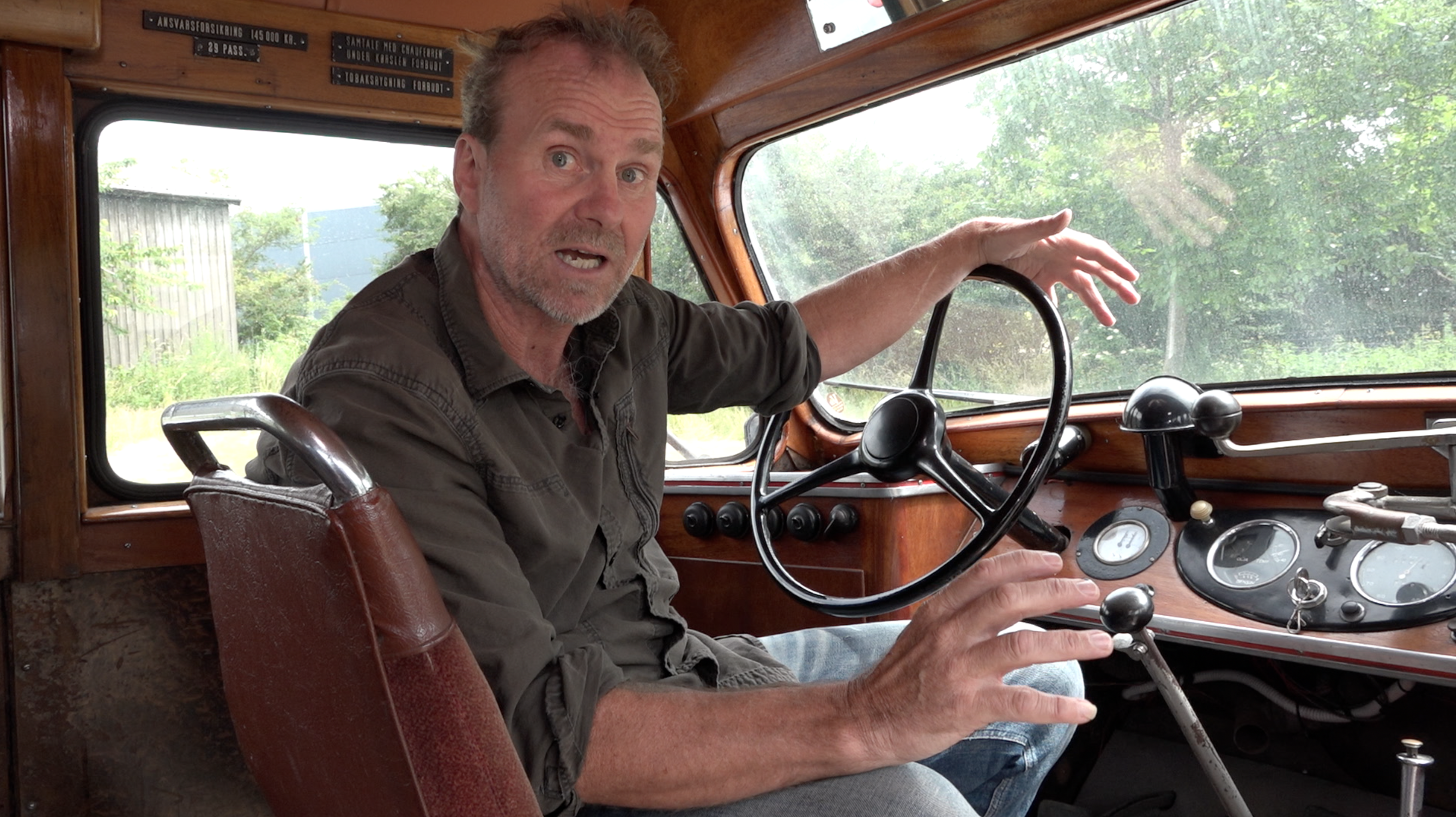
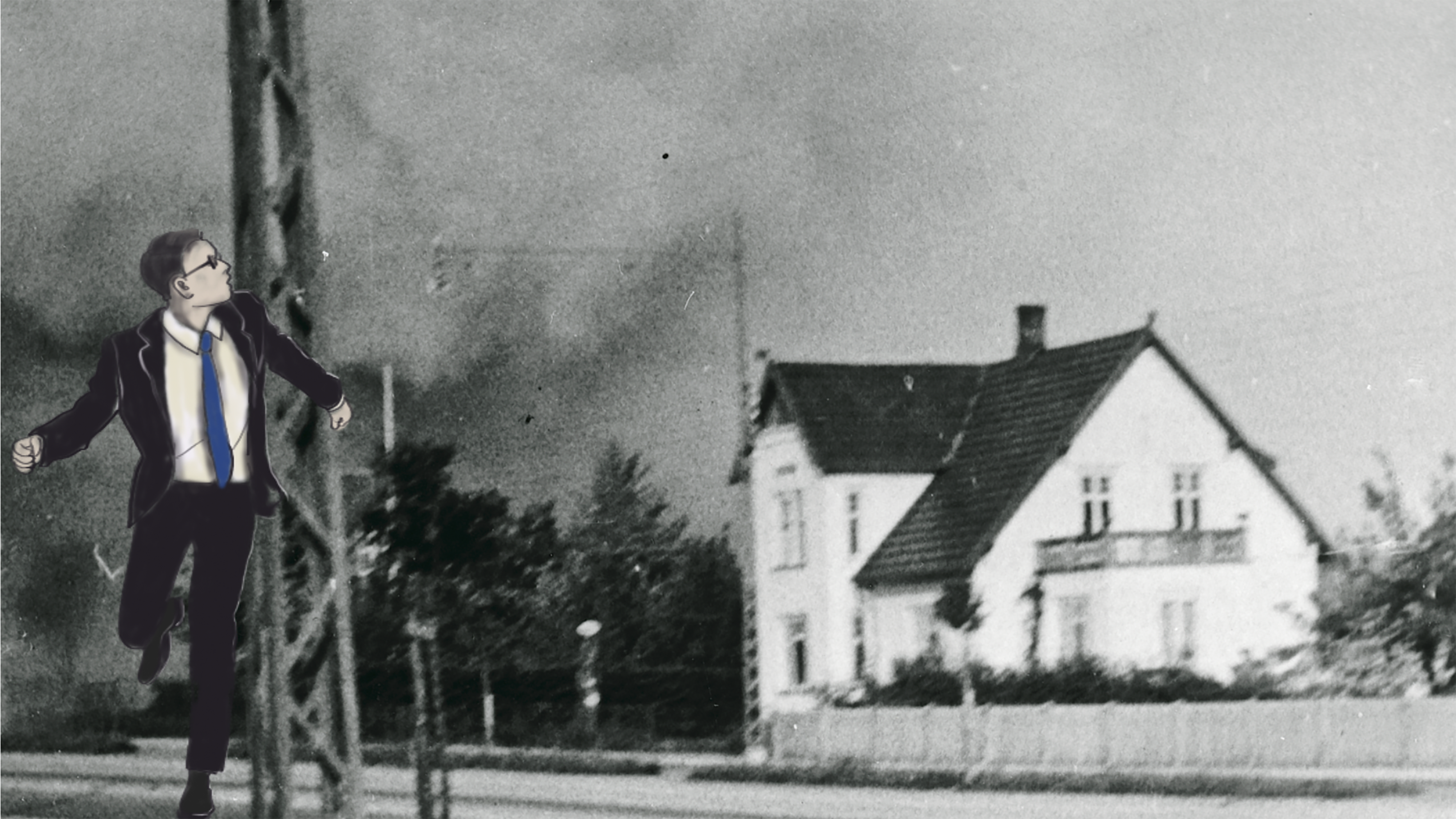
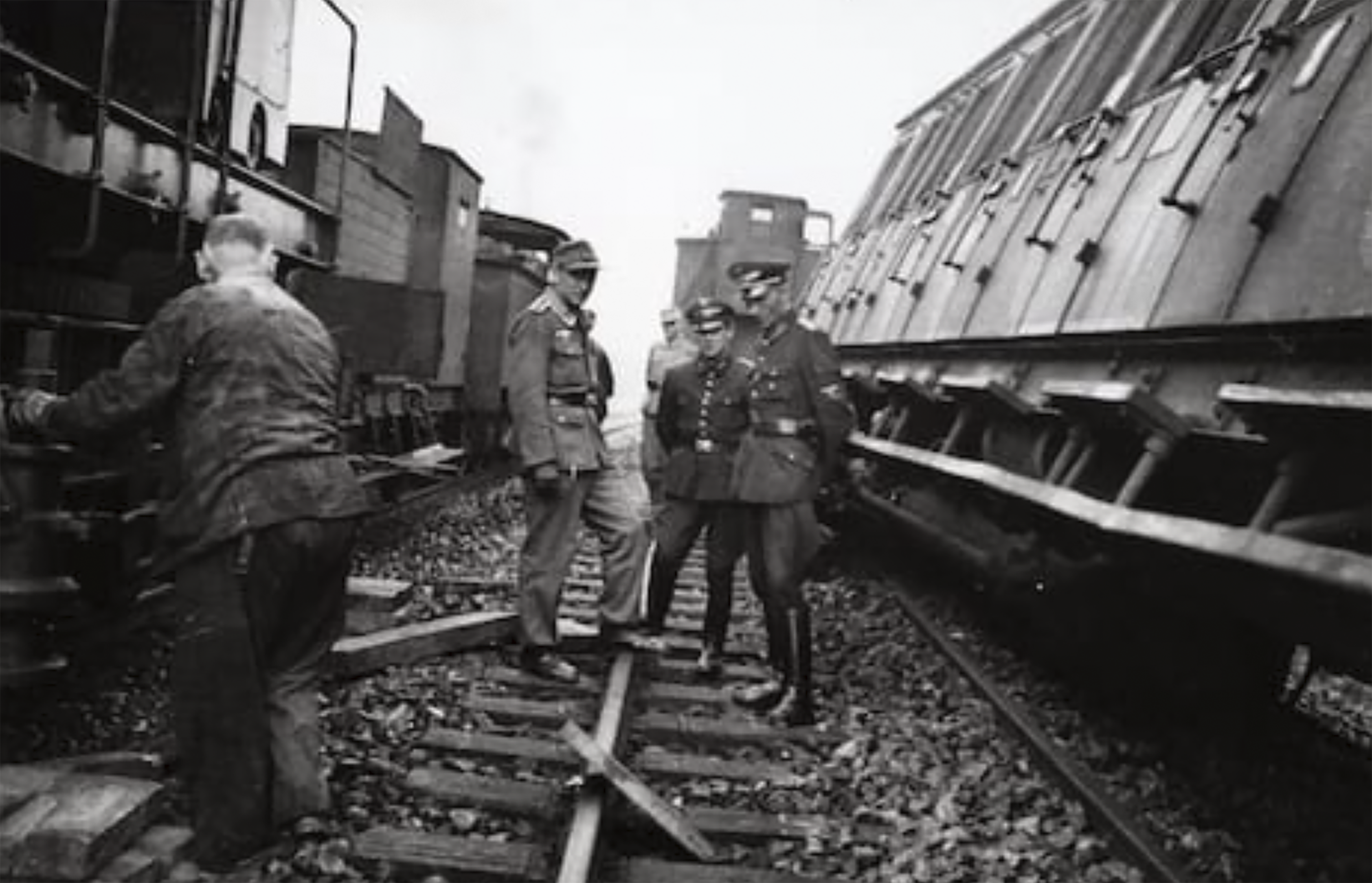
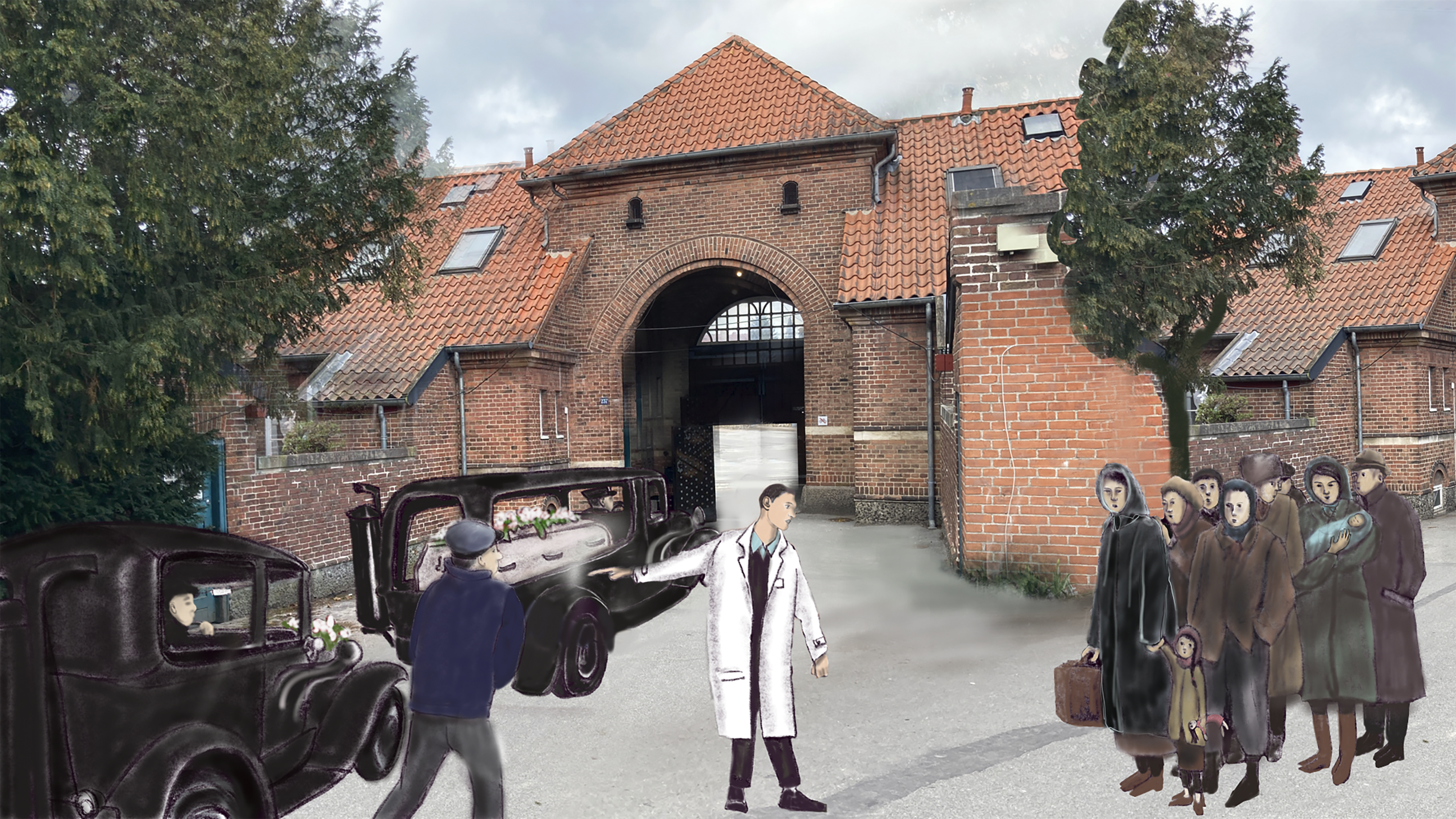


Matriarchies
One hour documentary
The idea of a social order ruled by women – as opposed to the present one ruled by men – is a fascinating concept. Around the globe, there exist many societies with women in charge. How do these societies function?
- Is there violence and if so, who are behind that violence?
- How are people who make mistakes treated? Do they get shamed out or otherwise punished?
- How are conflicts handled?
- Are those societies characterised by competition – or do people contribute whatever they are able to?
- How are attacks from external forces dealt with?
- How are children raised? And how do those people deal with a crying, unhappy child: Caressing and comforting, or is the child pushed away?
- Who handles the economy?
- How do hierarchies and other power structures function?
- What happens when someone dies?
- How do they look upon themselves as a society

The magic bells of Copenhagen
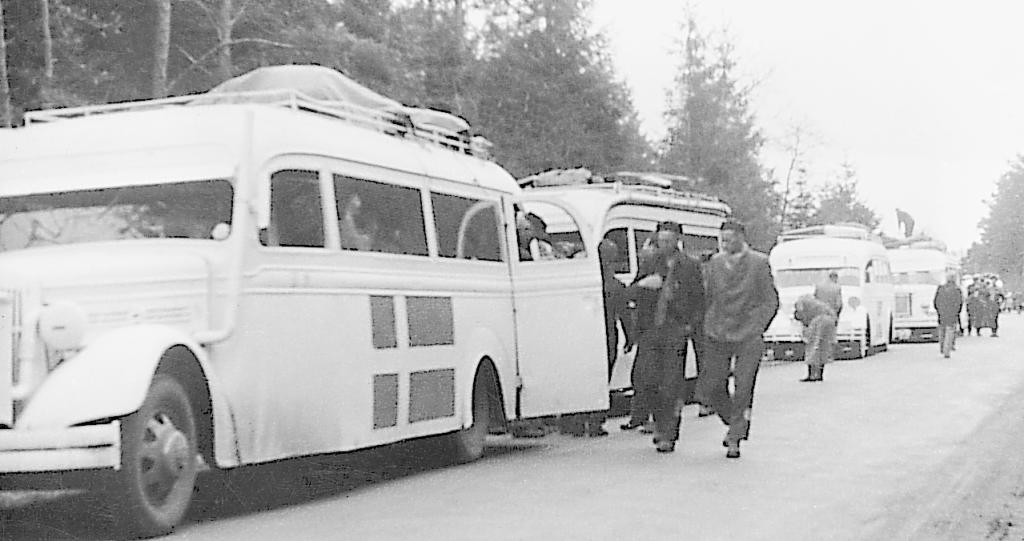
The white busses - Movie
The wild history about the rescue of prisoners in German concentration camps during end of WWII

The Foie Gras Mafia
One of the very big industries is threatened by green thinking and concerns of animal welfare. But this billion $ industry has found new ways and new locations to create its foie gras products. Some of these new schemes exist outside the control of NGO-organisations and of the EU.

Grundtvig
A portrait of one of Denmark’s greatest humanists. He influenced our way of thinking in regards to education, humanity, youth, Christianity and much more.
“N. F. S. Grundtvig was a Danish pastor, author, poet, philosopher, historian, teacher and politician. He was one of the most influential people in Danish history, as his philosophy gave rise to a new form of nationalism in the last half of the 19th century. It was steeped in the national literature and supported by deep spirituality.” -Wikipedia
Gallery
The photos are free of copyright and ready to use
Phone +45 51 99 22 00
